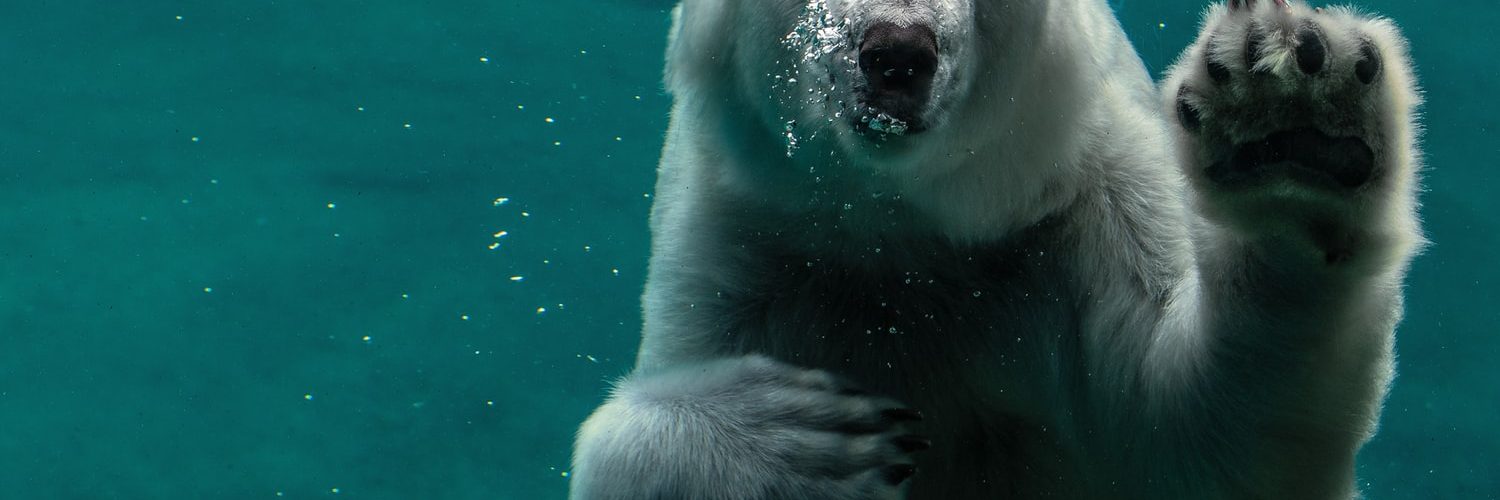Russian scientists have found an increasing number of polar bears killing and eating one another in the Arctic. The reason for the increased incidence of cannibalism among polar bears may be due to melting ice and human activity eroding their habitat. Due to these factors, there is insufficient food such that larger males attack the smaller females with cubs.
The area where the polar bears used to hunt is now a busy route for ships carrying liquified natural gas. Other hunting grounds for the polar bear now only have broken ice all year round due to the active gas extraction near the hunting grounds. Furthermore, as ice melts due to climate change, more polar bears would move away from their traditional hunting grounds.
Read the full article on The Guardian: Human disturbance increasing cannibalism among polar bears
Analysis:
There seems to be a significant ecological and environmental footprint relating to the extraction of liquified natural gas, particularly in the Arctic region. Polar bears are one of the animals that are severely affected by climate change and human disruptions while their natural habitat has been steadily declining.
Besides, as ice is broken up to allow for ships to pass through, polar bears cannot hunt since they use the sea ice to hunt for seals swimming in the water. Unfortunately, as food source becomes scarce, the polar bears are forced to turn on one another.
Should the liquified natural gas industry be more mindful of its environmental and ecological impact? While the increased use of natural gas may allow us to wean our dependence on fossil fuels, would it make sense to destroy the polar bears and climate in the process?
Questions for further personal evaluation:
- How can we ensure that large firms do not seek profit at the expense of the environment or the ecology?
- What do you think humanity loses with the extinction of each animal species? Should we prevent the extinction of animals?
Useful vocabulary:
- ‘incidence’: the occurrence, rate, or frequency of a disease, crime, or other undesirable thing
- ‘footprint’: the impact on the environment of human activity in terms of pollution, damage to ecosystems, and the depletion of natural resources

